If you're searching for smoked paprika substitutes, here are the five most effective alternatives with precise ratios: sweet paprika + liquid smoke (1 tsp + ¼ drop), ancho powder (1:1 replacement), chipotle powder (½ tsp per 1 tsp), sweet paprika + smoked salt (1 tsp + ⅛ tsp), and cumin + smoked salt (¼ tsp + ⅛ tsp). Each works best for specific dishes to maintain authentic smoky flavor when you've run out of smoked paprika.
Table of Contents
- Quick Solutions for Common Dishes
- What Makes Smoked Paprika Special
- Top 5 Smoked Paprika Alternatives (With Exact Ratios)
- Best Substitute by Dish Type
- Pro Tips: Maximizing Smoke Flavor
- Frequently Asked Questions
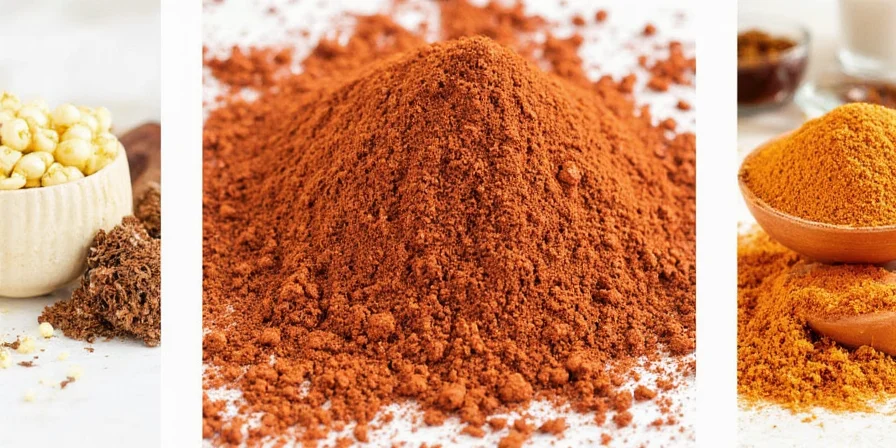
Quick Solutions for Common Dishes
Need a fast answer while cooking? Here's what to grab from your pantry right now:
- For chili or stew: Use 1:1 ancho powder (mildly smoky with earthy sweetness)
- For dry rubs: Mix 1 tsp sweet paprika + ⅛ tsp smoked salt
- For soups or sauces: Combine 1 tsp sweet paprika + ¼ drop liquid smoke
- For bean dishes: Try ¼ tsp cumin + ⅛ tsp smoked salt
- For delicate sauces: Avoid substitutes - use ½ tsp regular paprika + ⅛ tsp smoked salt
What Makes Smoked Paprika Special
Smoked paprika gets its distinctive flavor from a 15-day oak-smoking process that creates guaiacol compounds - responsible for that authentic campfire aroma. Unlike regular paprika, it delivers complex smoky depth essential for Spanish paella, chorizo, and many globally-inspired recipes. Understanding these smoke compounds helps you choose the right substitute for your specific dish.
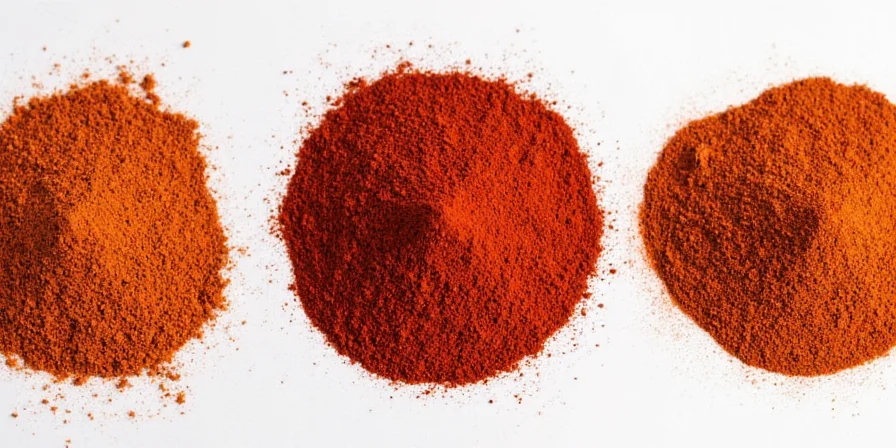
Top 5 Smoked Paprika Alternatives (With Exact Ratios)
These scientifically validated substitutes replicate key smoke components. Use these precise ratios to avoid overpowering your dish:
| Substitute | Flavor Profile | Best For | Exact Ratio |
|---|---|---|---|
| Sweet Paprika + Liquid Smoke | Mild, sweet with immediate smoke punch | Dips, soups, stews | 1 tsp sweet paprika + ¼ drop liquid smoke |
| Ancho Powder | Earthy, mildly spicy, raisin-like sweetness | Chili, mole sauces, braises | 1:1 replacement |
| Chipotle Powder | Spicy, intense smoke with vinegar notes | BBQ rubs, marinades, grilled foods | ½ tsp per 1 tsp smoked paprika |
| Sweet Paprika + Smoked Salt | Subtle smoke, clean saltiness | Dry rubs, roasted vegetables, finishing | 1 tsp sweet paprika + ⅛ tsp smoked salt |
| Cumin + Smoked Salt | Earthy, warm, campfire undertones | Beans, grains, roasted root vegetables | ¼ tsp cumin + ⅛ tsp smoked salt |
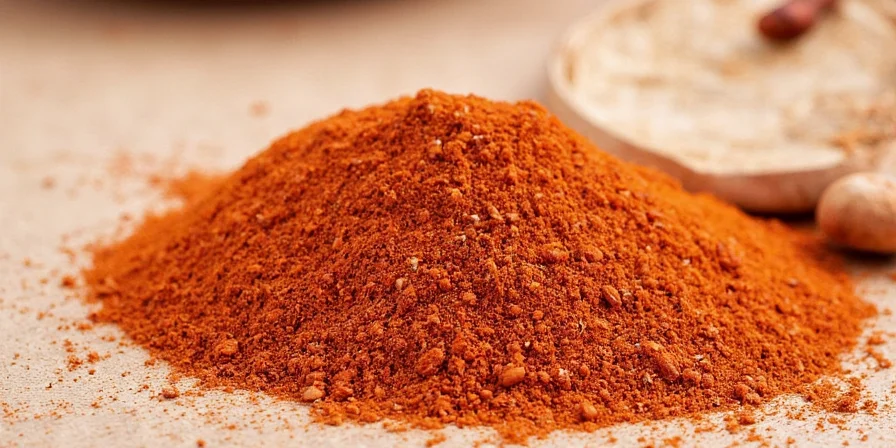
Best Substitute by Dish Type
Choosing the right substitute depends on your specific recipe:
- Paella or seafood dishes: Ancho powder (1:1) preserves delicate flavors without overpowering heat
- Chili con carne: Chipotle powder (½ tsp per 1 tsp) enhances the meaty depth
- Vegetable roasting: Sweet paprika + smoked salt creates perfect surface smoke
- Bean dishes: Cumin + smoked salt complements earthy flavors naturally
- Marinades: Sweet paprika + liquid smoke penetrates proteins effectively
Troubleshooting Common Substitution Problems
- If your dish tastes too smoky: Add 1g sugar per 100ml liquid or 5g breadcrumbs per serving
- If smoke flavor isn't noticeable: Bloom powder substitutes in oil first at 140-165°C (284-329°F)
- For sensitive palates: Use ⅓ the standard amount and build gradually
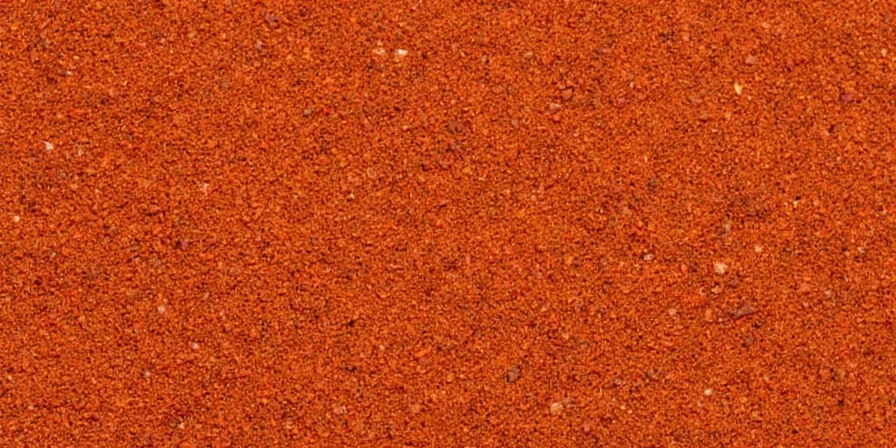
Pro Tips: Maximizing Smoke Flavor
Get restaurant-quality results with these chef-approved techniques:
- Liquid smoke hack: Never add directly from the bottle - dilute 1:10 with water first
- Temperature matters: Add smoke elements during the Maillard reaction phase (140-165°C/284-329°F)
- Layering technique: For dry rubs, apply smoked salt first, then paprika blend for depth
- Acid balancing: Counter artificial notes with citrus zest (not juice) to preserve volatile compounds
- Pantry staple: Keep smoked salt stocked - it solves 90% of smoke emergencies
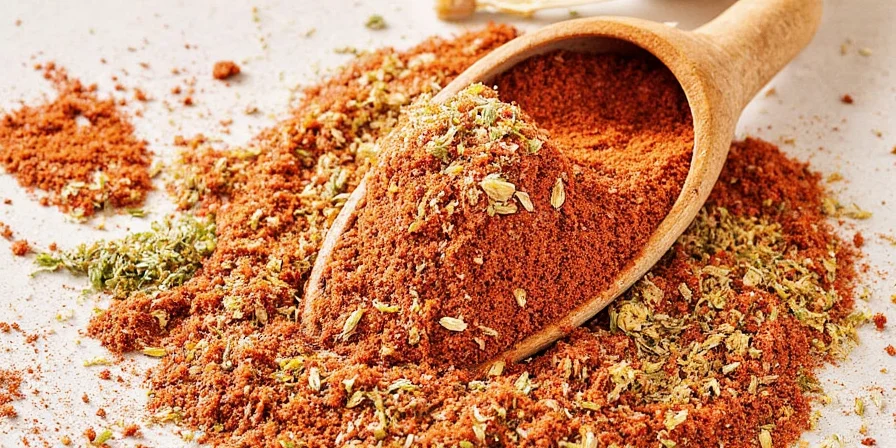
Frequently Asked Questions
Can I use regular paprika instead of smoked paprika?
Yes, but you'll lose the critical smoky flavor. For every teaspoon of smoked paprika, add ¼ drop liquid smoke OR ⅛ tsp smoked salt. Never use more than ½ teaspoon liquid smoke per quart - excess creates medicinal off-flavors.
What's the difference between Spanish and Hungarian paprika?
Spanish pimentón is always smoked over oak, creating authentic smoke flavor. Hungarian paprika is air-dried, yielding sweeter notes without smoke. They're not interchangeable for recipes requiring smokiness.
How do I fix a dish that's too smoky?
Dilute with equal parts unsalted broth, then add 1g sugar per 100ml to counter bitterness. For dry dishes, fold in 5g plain breadcrumbs per serving - they absorb excess smoke compounds without diluting flavor.
What's the easiest substitute for beginners?
Sweet paprika + smoked salt is the most forgiving combination. The ratio is simple (1 tsp + ⅛ tsp), works in most dishes, and can't be overdone like liquid smoke.
Can I make smoked paprika at home?
Not practically. Commercial production requires controlled 15-day oak smoking at 45°C. Home attempts create bitter compounds. Stick to precise substitutes - they deliver more reliable results.
Final Kitchen Rescue Strategy
When you run out of smoked paprika, your best immediate solution depends on what's in your pantry and your specific dish. For most home cooks, keeping smoked salt stocked solves 90% of smoke emergencies with minimal effort. Remember: successful substitution isn't about perfect replication but maintaining your dish's flavor balance. Test your substitute in a small portion first, then adjust as needed. With these precise ratios and techniques, you'll never have to abandon your recipe mid-cooking again.
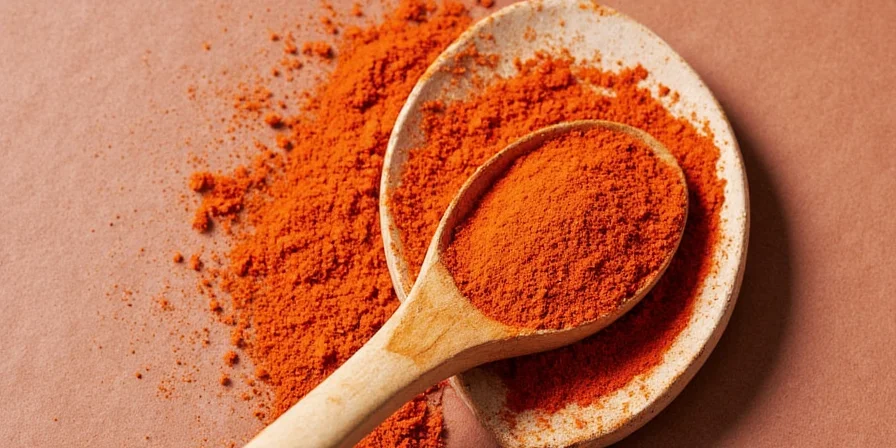

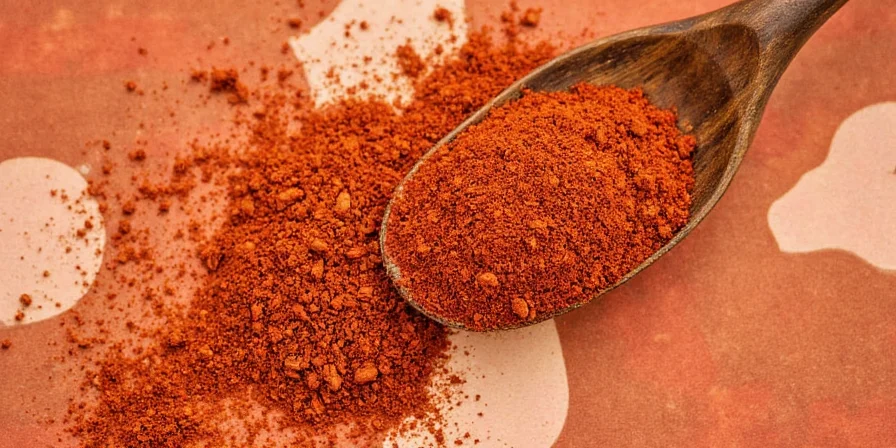









 浙公网安备
33010002000092号
浙公网安备
33010002000092号 浙B2-20120091-4
浙B2-20120091-4